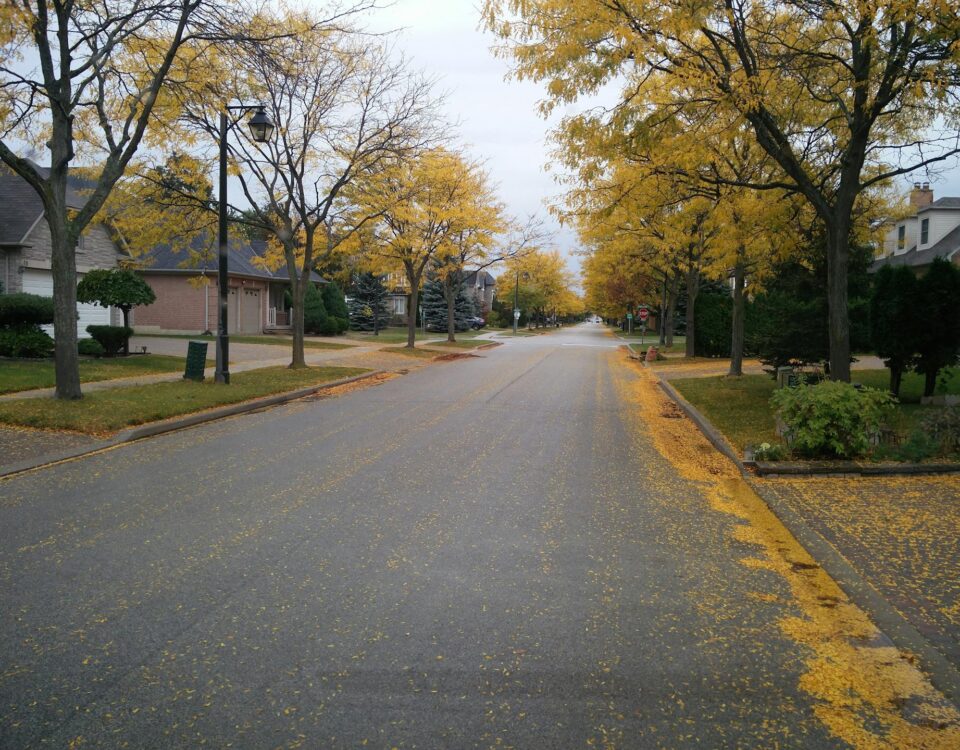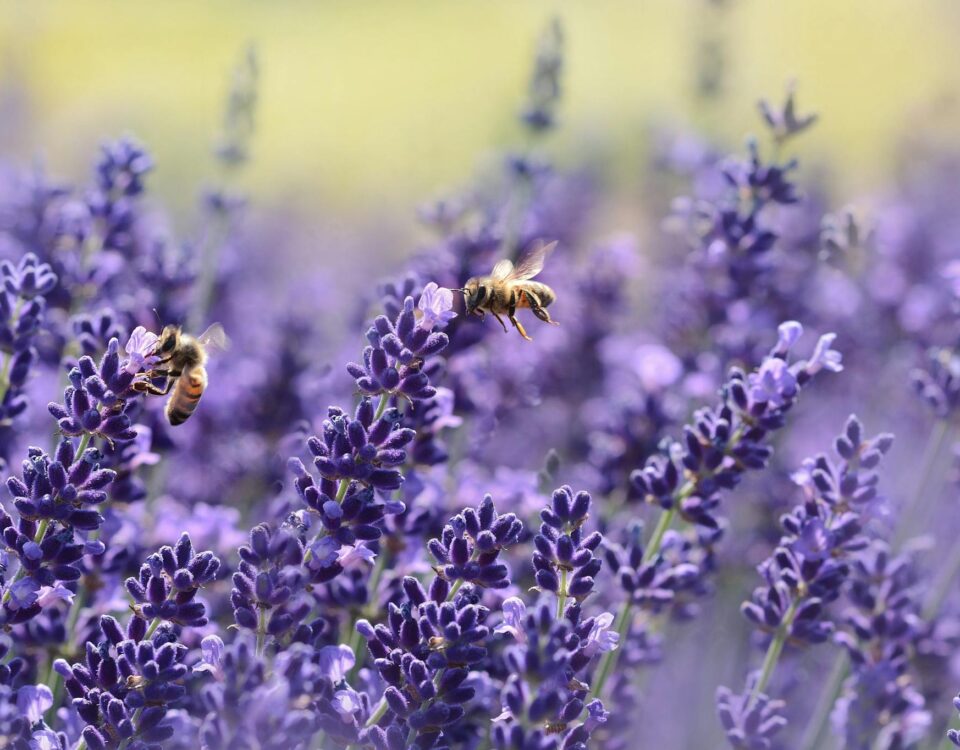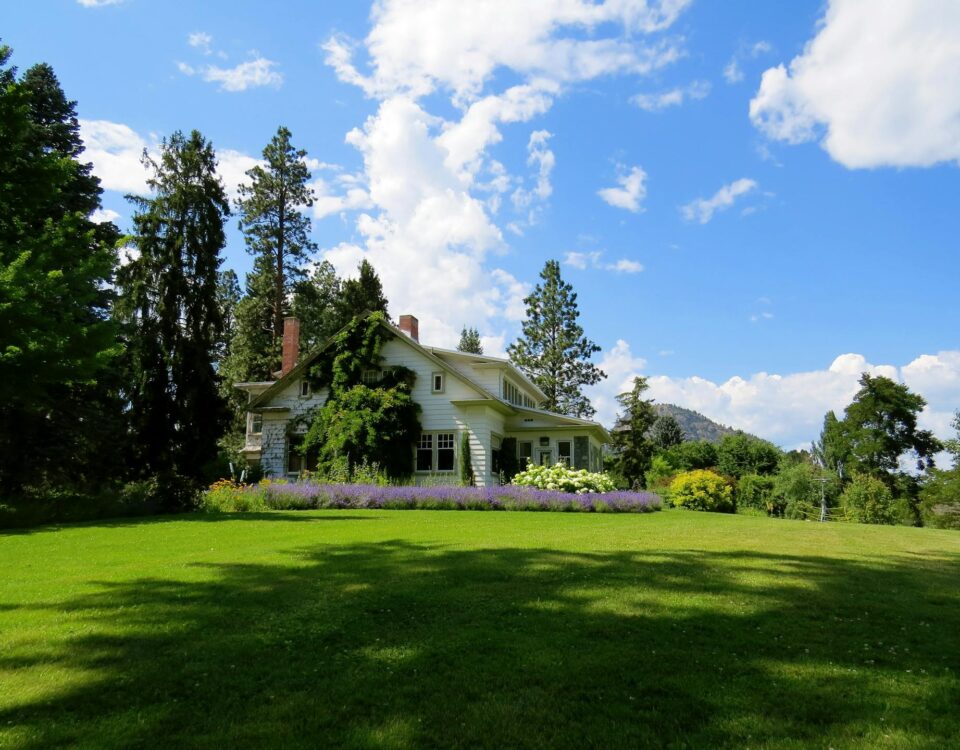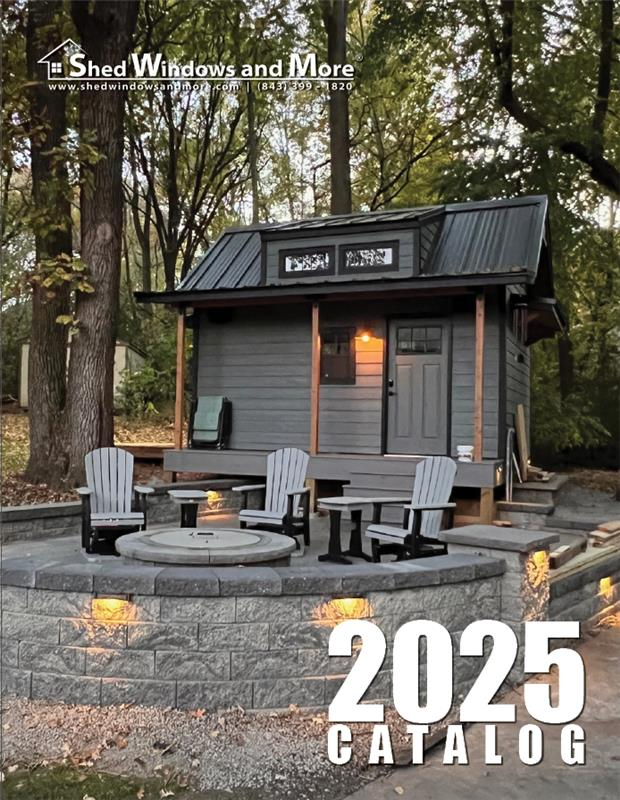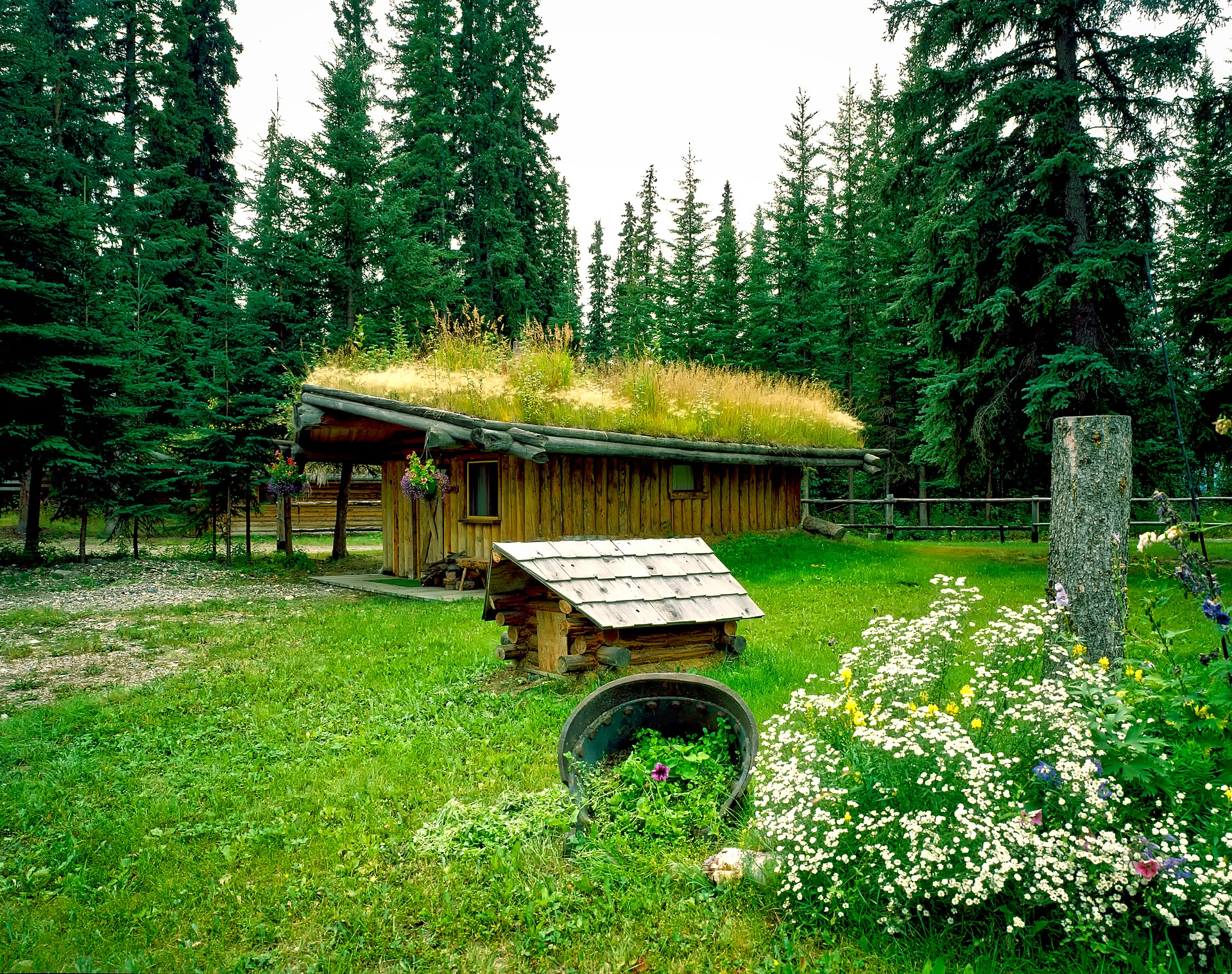
How to Create a Green Roof for Your Shed
February 9, 2021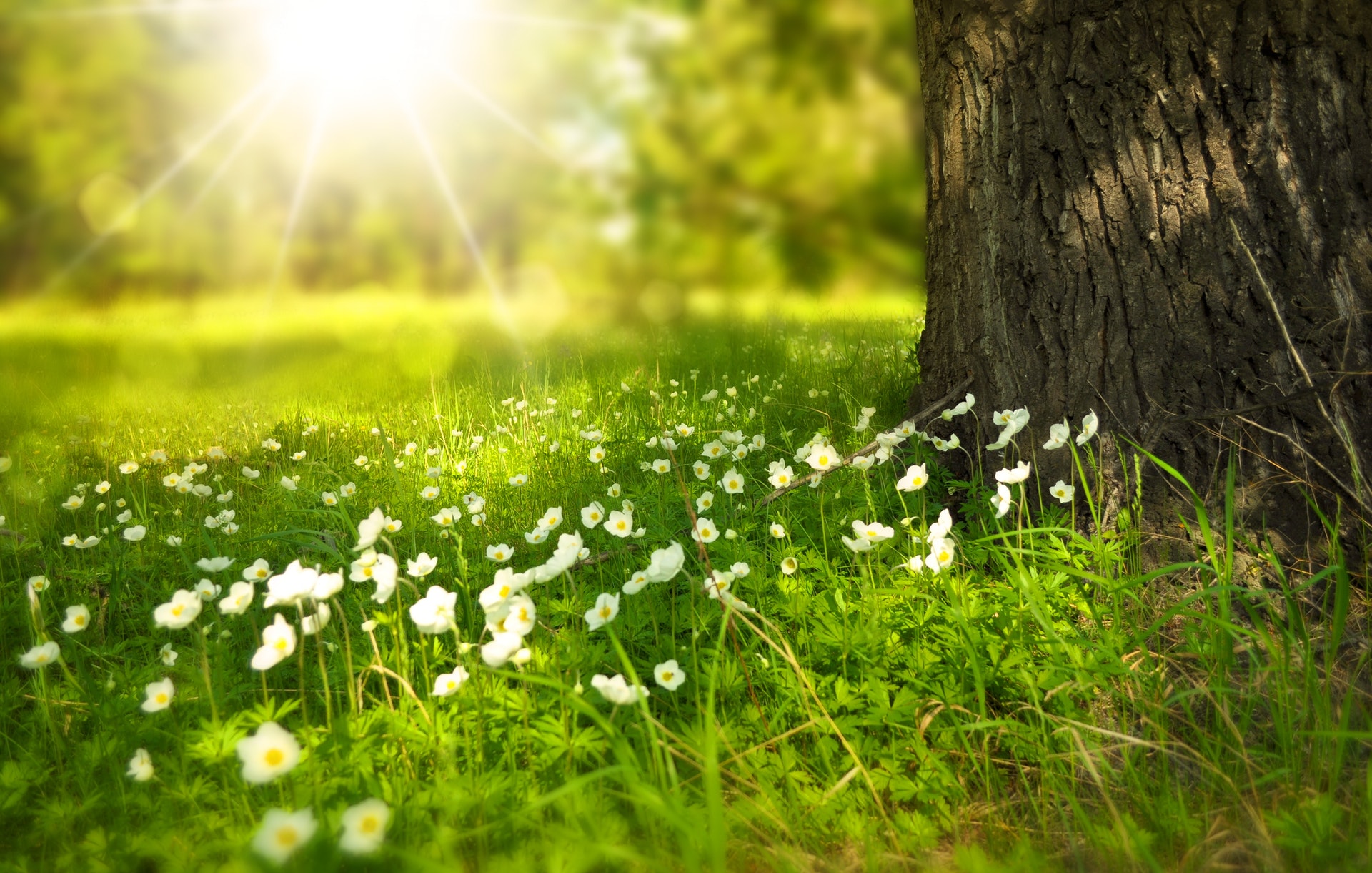
Get Healthier–Spend More Time In the Sunshine
April 8, 2021Simple & Great Compost-Not Just for Vegetables
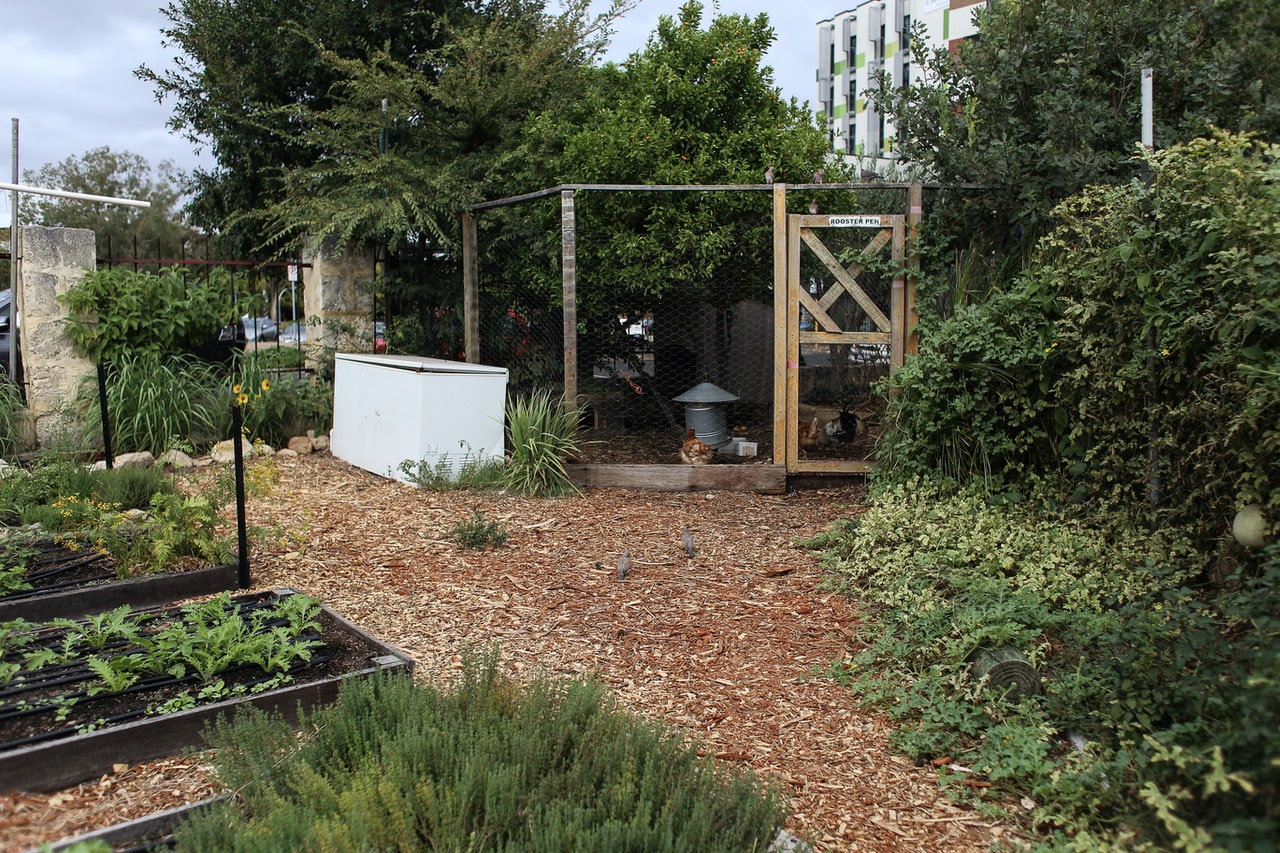
Compost-making is a simple, easy, and efficient way of using Mother Nature’s ability to turn everything that once was living into great soil. You can compost a lot of the yard waste and food waste from your kitchen and use it to improve your soil or mulch your garden plants and trees.
When people usually think of compost, they think of vegetable gardens, which is a great way to amend the soil and get greater yields from your vegetable garden, but compost also is an incredible mulch. Using compost as a garden mulch helps retain moisture for your plants and gives your plants the very best of nutrients.
What Makes a Great Compost?
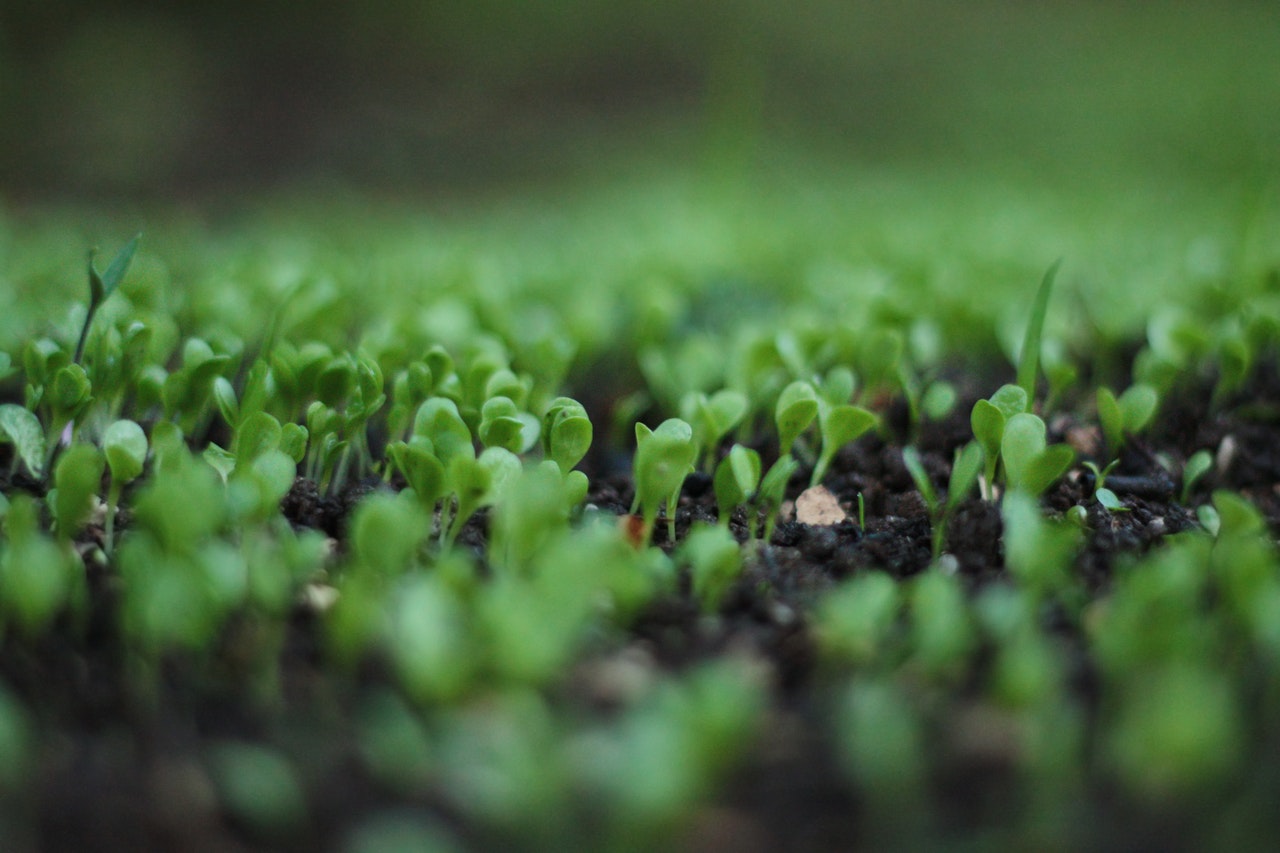
It’s important to have the right ratio of ingredients in your compost for your compost to turn into good soil quickly! Composting can seem like you are going back to chemistry class, but it’s actually pretty simple. You need a mixture of carbon and nitrogen, approximately 1/3 greens or nitrogen to 2/3 brown or carbon to create a rich brown soil full of good nutrients. This ratio helps break down the organic matter pretty quickly, usually somewhere between 12 and 20 weeks depending on your climate and temperatures.
Compost Greens & Browns
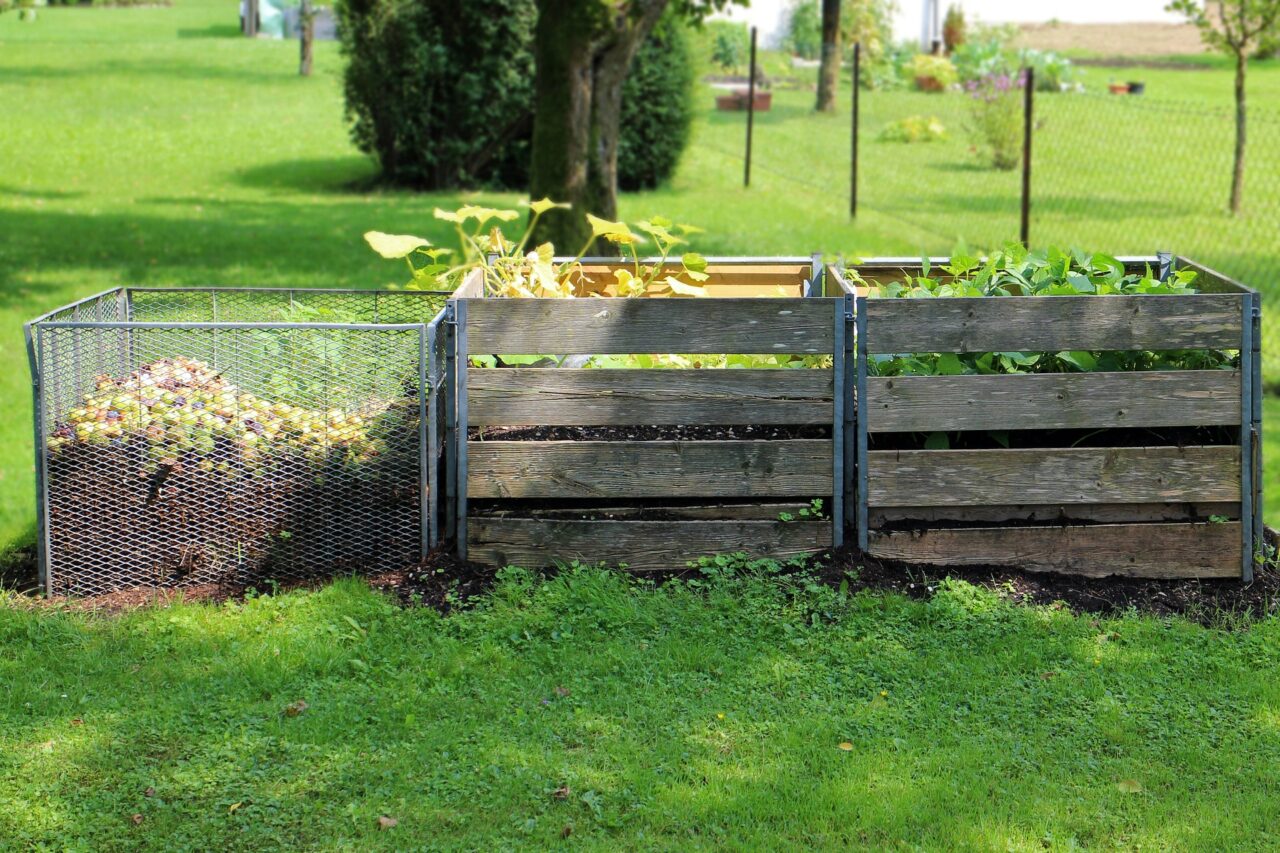
What are compost green and brown materials?
- Brown Materials are the carbon components of your compost and they rot slowly and also add air space to your compost, such as dried leaves, shredded newspaper, straw, branches chopped up, sawdust, and cardboard preferably shredded or town into smaller pieces.
- Green Materials are the nitrogen components of your compost and are usually moist and green materials rot quickly, such as fruit and vegetable scraps, green leafy materials, grass clippings, and animal manure.
- Enhancers include ground bones, eggshells, coffee grounds, and compost growth promoters.
Compost is all about alternating thin layers of greens and browns and bacteria and heat will do the work. The materials at the bottom of your compost pile will break down first because of age and it’s hotter at the bottom of the pile.
Compost Containers-Keep It Simple
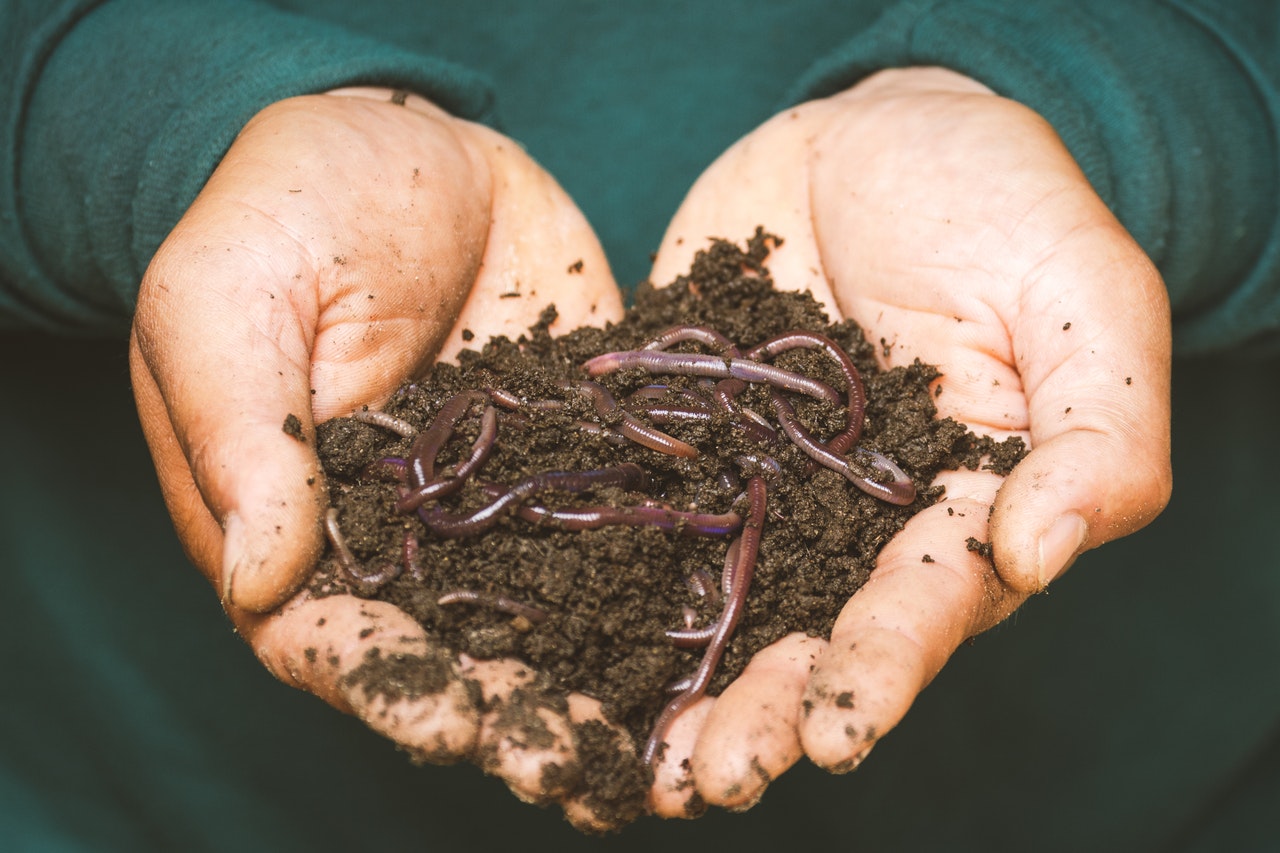
Compost can be as simple as a circle of field fencing attached in a circle or as elaborate as a compartmentalized rotating compost bin. Each does the same work; rotating bins mean you aren’t pitching forking the contents every few weeks. Other people have an ad and don’t disturb outlook and just skim off the lower soil and keep adding each week to their compost pile. You just need to find what works best for you.
You want a compost container that is critter-proof and also dog-proof since rotting compost can be a health problem for dogs and necessitate a fast vet visit. We have used field fencing and have made sure it’s staked and has a top wired on that we can easily take off to add to our compost. Right now, we have a black bin with a lower trap door that has stakes to hold it to the ground making it pretty varmint proof!
What Are Great Compost Ingredients?
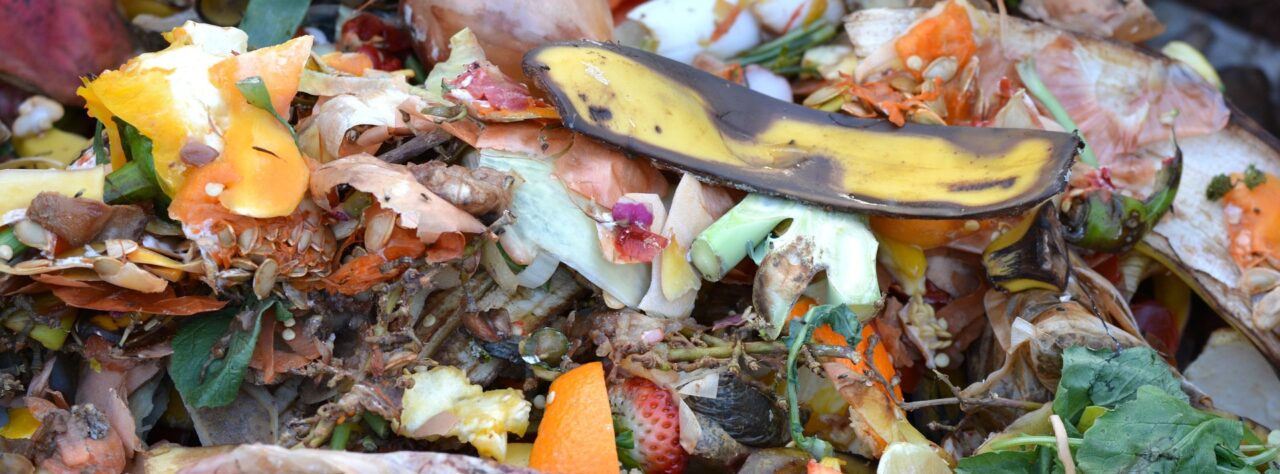
The list that follows covers most of what can be put into a compost heap to keep your compost healthy and turned into great soil for your garden:
- Lawn clippings, be sure to use him layers
- Mulched wood branches, I try to keep these to 3-4 inch lengths, they break down quicker
- Garden prunings, keep them small
- Straw, notice I say straw and not hay because hay has seeds you don’t want in your garden
- Leaves
- Pine needles or redwood leaves only if you are wanting a more acidic garden mulch for blueberries, grapes, rhododendrons, and such
- Fruit and vegetable scraps from your kitchen
- Coffee and tea bags and you can include your coffee filter
- Crushed eggshells
- Vegetarian animal manure including chicken, sheep, cow, and rabbit manure. Be careful if you have used hay in any of the animal enclosures because you don’t want hayseed in your compost
- Pet hair and feathers
- Newspaper, we usually shred our first
- Cardboard and egg cartons, once again tear into smaller pieces to compost more quickly
- Sawdust and wood shavings
- Wood ash from your fireplace, use only small amounts to add potassium to your compost, too much makes your compost too alkaline
Troubleshooting Compost
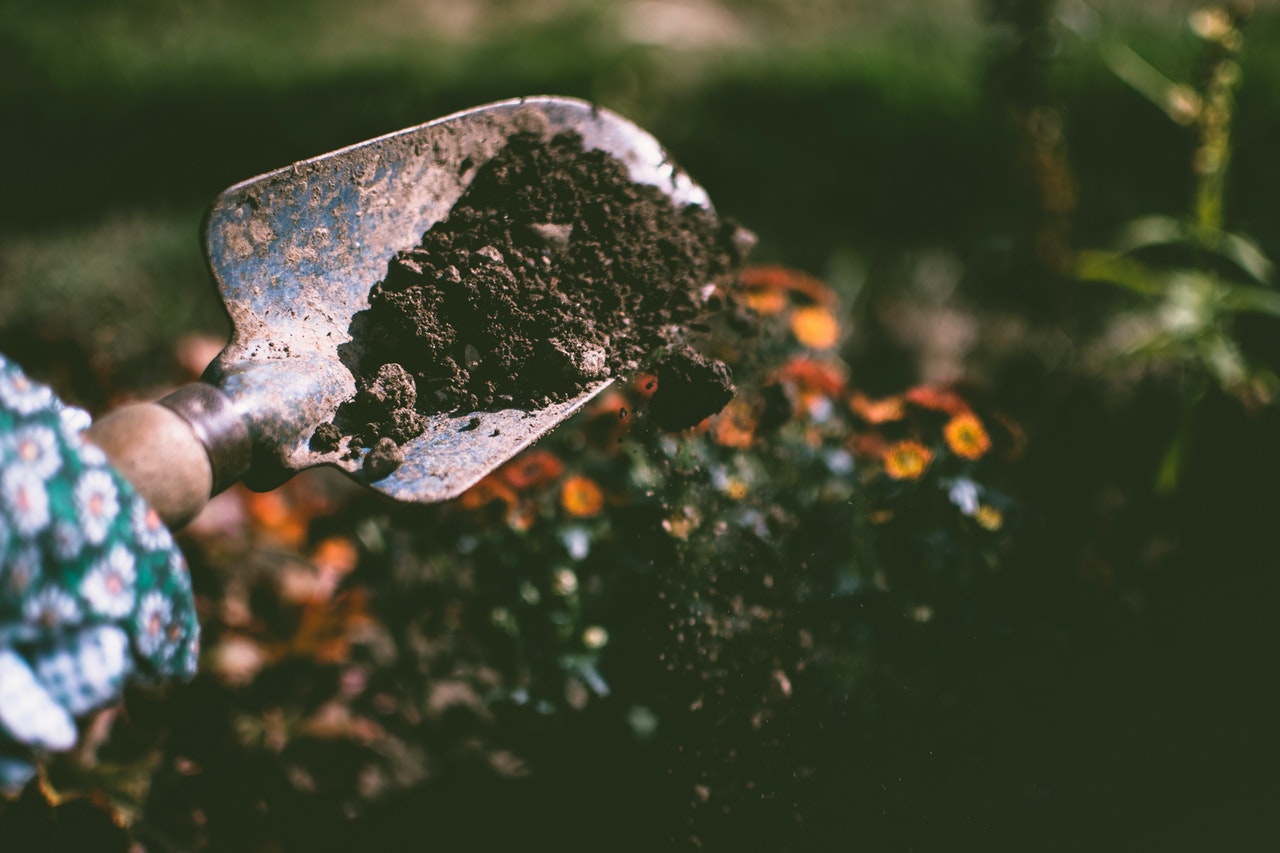
There is not much that can go wrong with compost if you follow the list above and keep your ratio correct, but every once in a while you wonder if your compost is OK. Here are some things some troubleshooting hints:
- The compost is too dry and not breaking down quick enough. You might have added too much brown material, try adding more greens, and adding some water.
- My compost smells. Compost shouldn’t smell bad. It should smell like earth but not rotten. If your compost smells rotten it is probably too wet and has too many greens added. Try adding in more browns and give your compost a return with a pitchfork.
- My compost isn’t breaking down. If your craps are too large, especially the brown material, it can slow the breakdown process of your compost, Try cutting your brown materials as small as possible when you add them to your compost, and also add more greens to your compost to see if you can speed up the process. Also, a good organic compost booster can do wonders in heating up your compost and adding the breakdown process.
- I have white growth in my compost. You might see fluffy mold growing, it’s harmless and probably means you’ve gotten your compost too wet or hot. Try adding more brown materials and give it a turn with a pitchfork. Make sure your compost pile is getting good ventilation because ventilation is key to good compost.
- I have red worms in my compost. Worms in compost are a good thing, it means your compost is breaking down properly and is becoming the rich soil you want and your worms have voted with taking up residence.
- I have maggots in my compost. Throw your compost out and start over. Someone put an animal product in your compost heap and this will cause your compost to have maggots. Not good for composting or your garden.
Composting is fun, a great way to amend your soil, and increase your garden yield while cutting down on what goes into garbage bins and your garbage disposal. Once you fill your compost bin, it’s just a matter of time and being patient for nature to do the work of turning your compost into rich soil or mulch for your garden.

